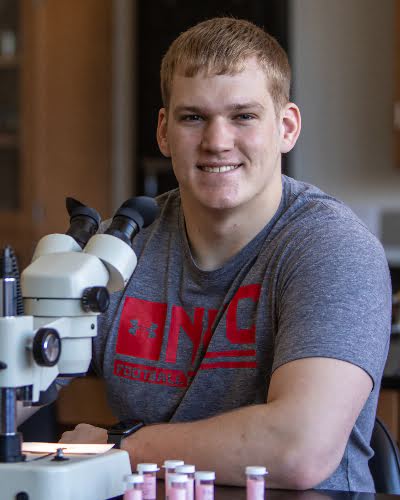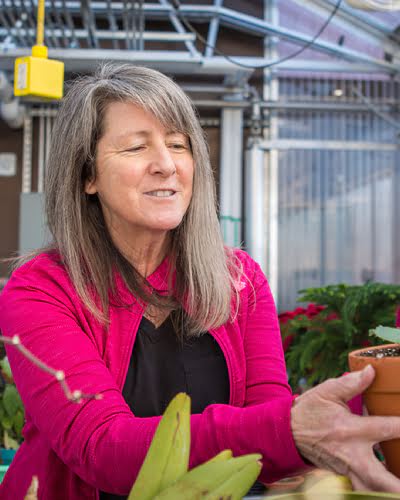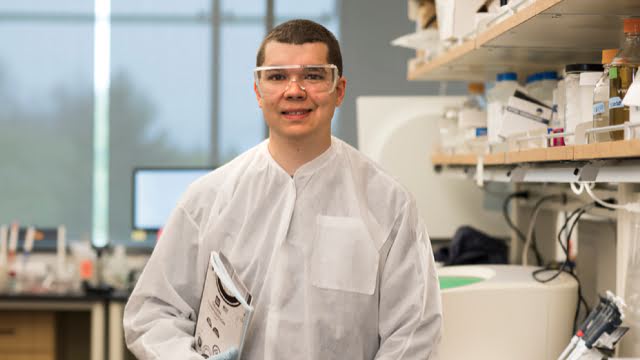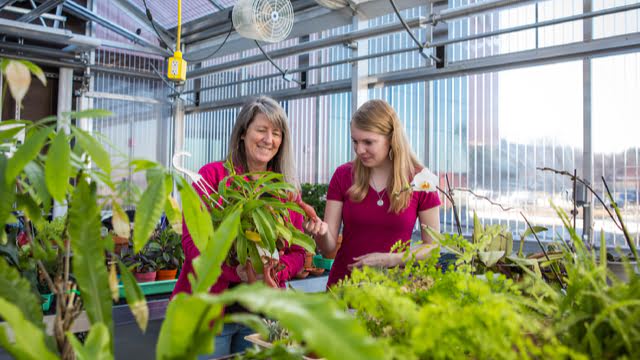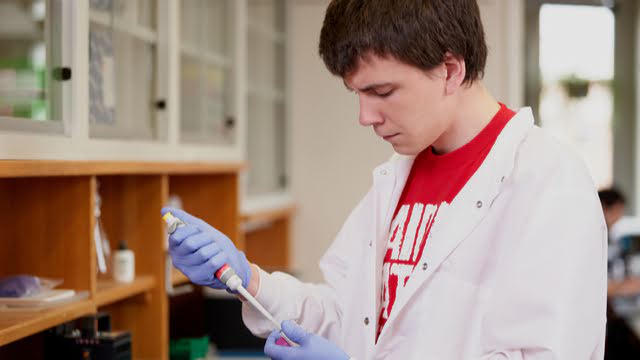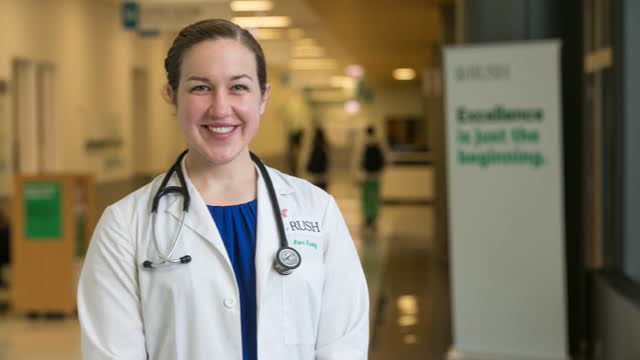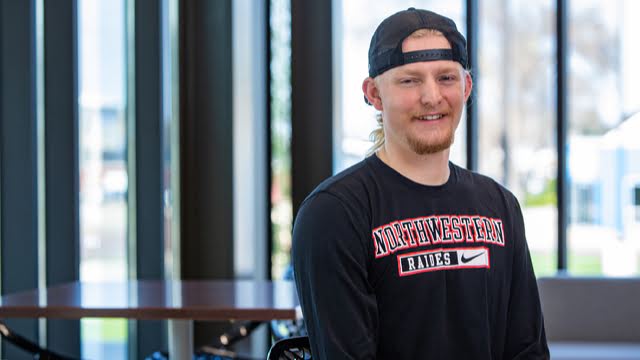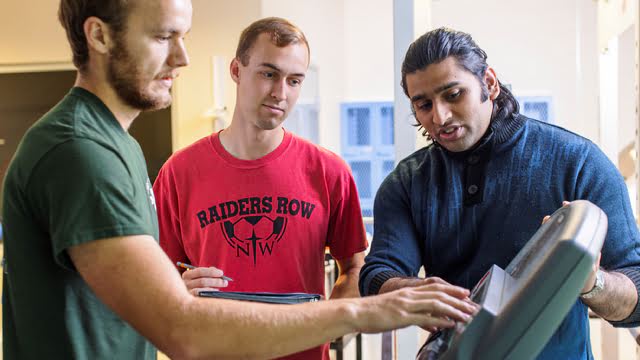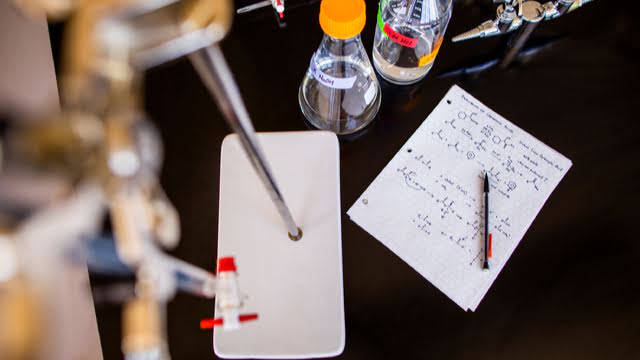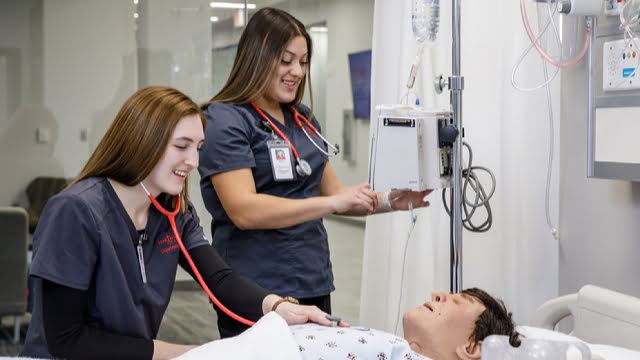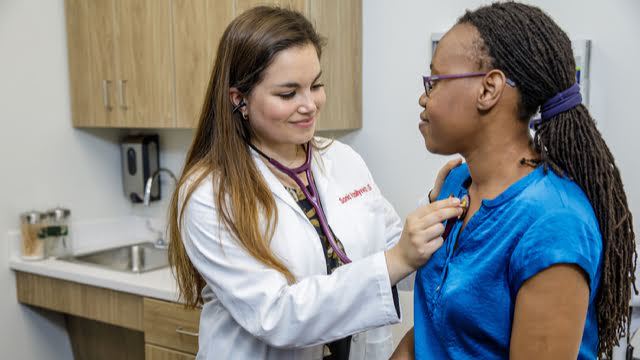Biology
Biology
Northwestern’s biology major is intentionally broad-based to give you options when you graduate. With an education that covers all the different forms of biological study, you’ll be prepared to do research, work in a lab, head to graduate school, or—with an additional major in secondary education—teach middle and high school science. You’ll also leave Northwestern with an appreciation for the way God reveals himself in creation.

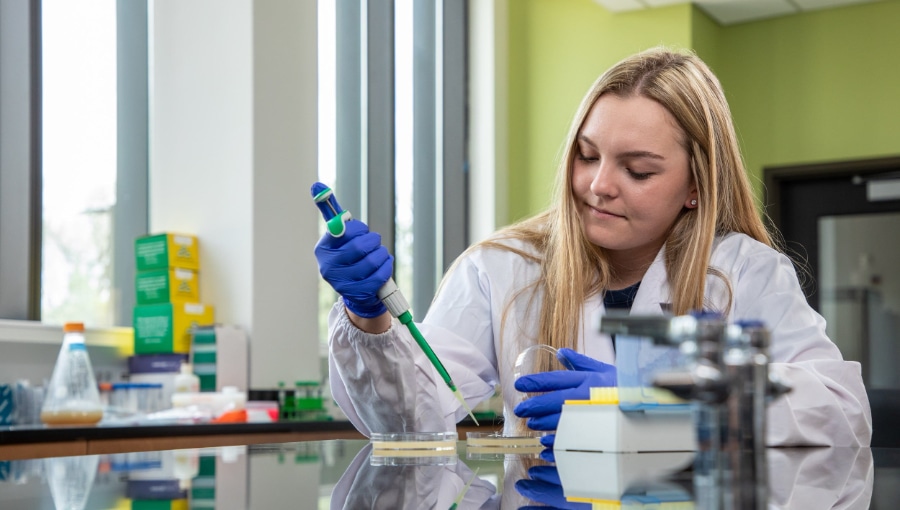
Why NWC?
Earn a biology degree from Northwestern, and you’re virtually guaranteed to graduate with research experience. Our program is focused on biodiversity and will prepare you well in both content knowledge and lab techniques.
Among the courses you’ll take are molecular and cellular biology, ecology and organismal biology, microbiology, genetics, and chemistry. If you plan to teach, your secondary education courses include philosophy of education, behavior management and developmental psychology. Related minors include biology, chemistry, engineering, physics, and physics education.

Department Chair
Outcomes
Join our standout alumni at:
#RaidersStandOut
Experience
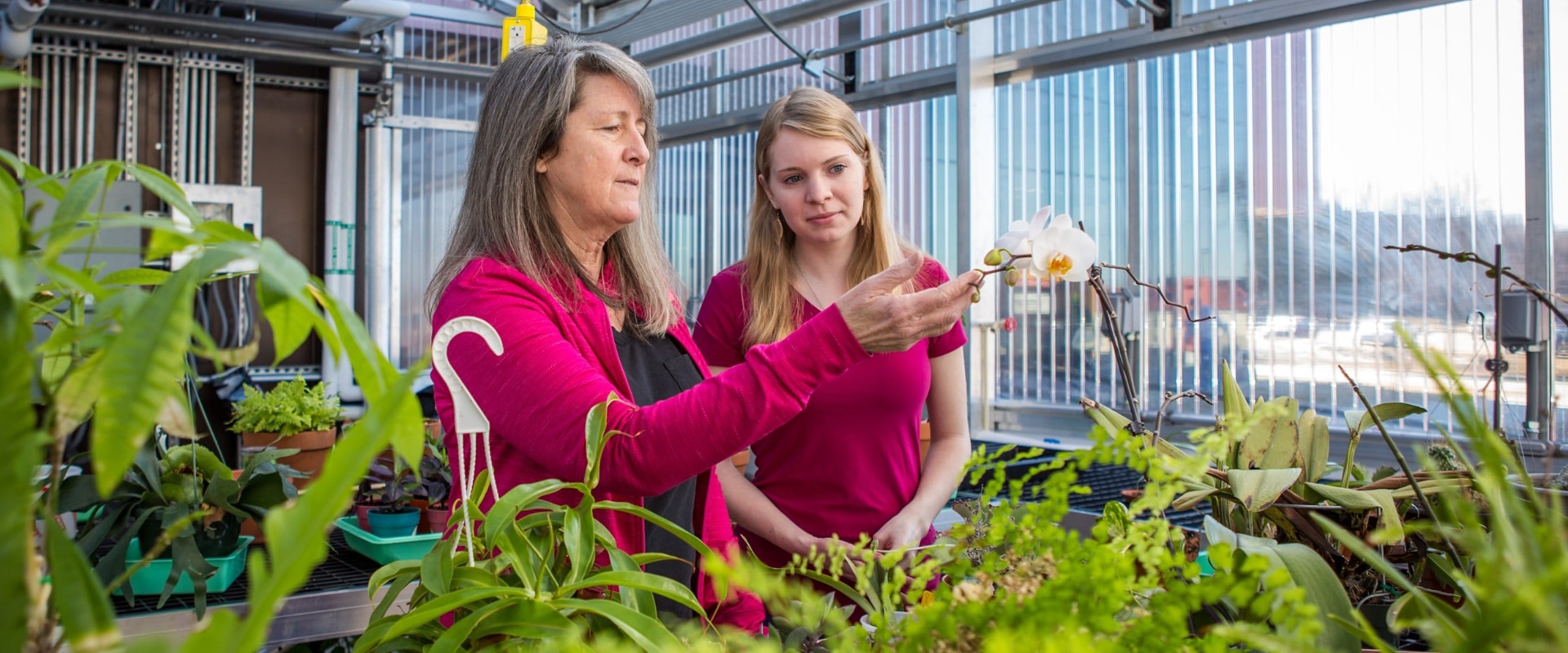
Northwestern’s biology professors involve students in research focused on the discovery and genetics of viruses and the impact of invasive species on an ecosystem. There’s also an expert in clinical anatomy and a professor who has created practice-based software to help students prepare for the MCAT.
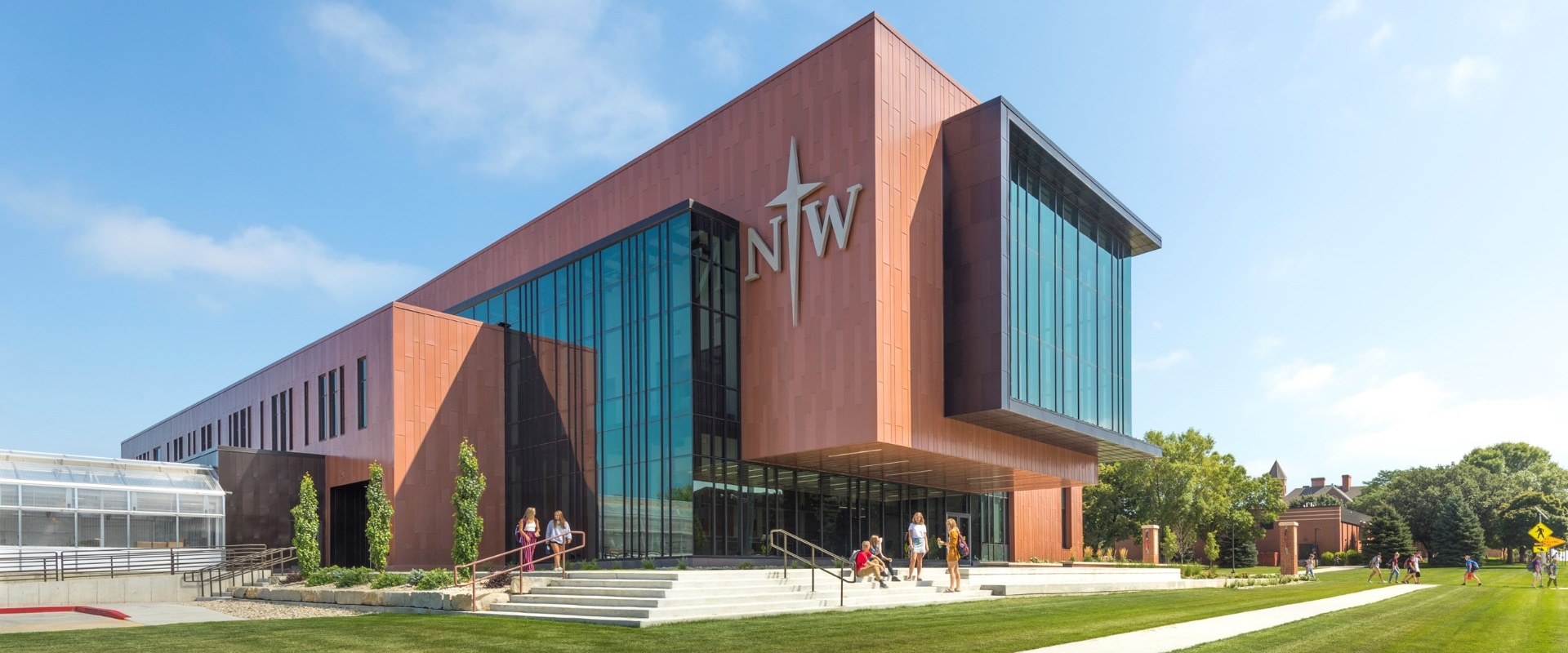
Opened in 2019, the $24.5 million DeWitt Family Science Center is as impressive as Northwestern’s science programs. Biology and chemistry labs are located on the main and second floors—while the lower level houses the nursing department. The center also includes five research labs, a confocal microscope, a mass spectrometer and a DNA sequencer.
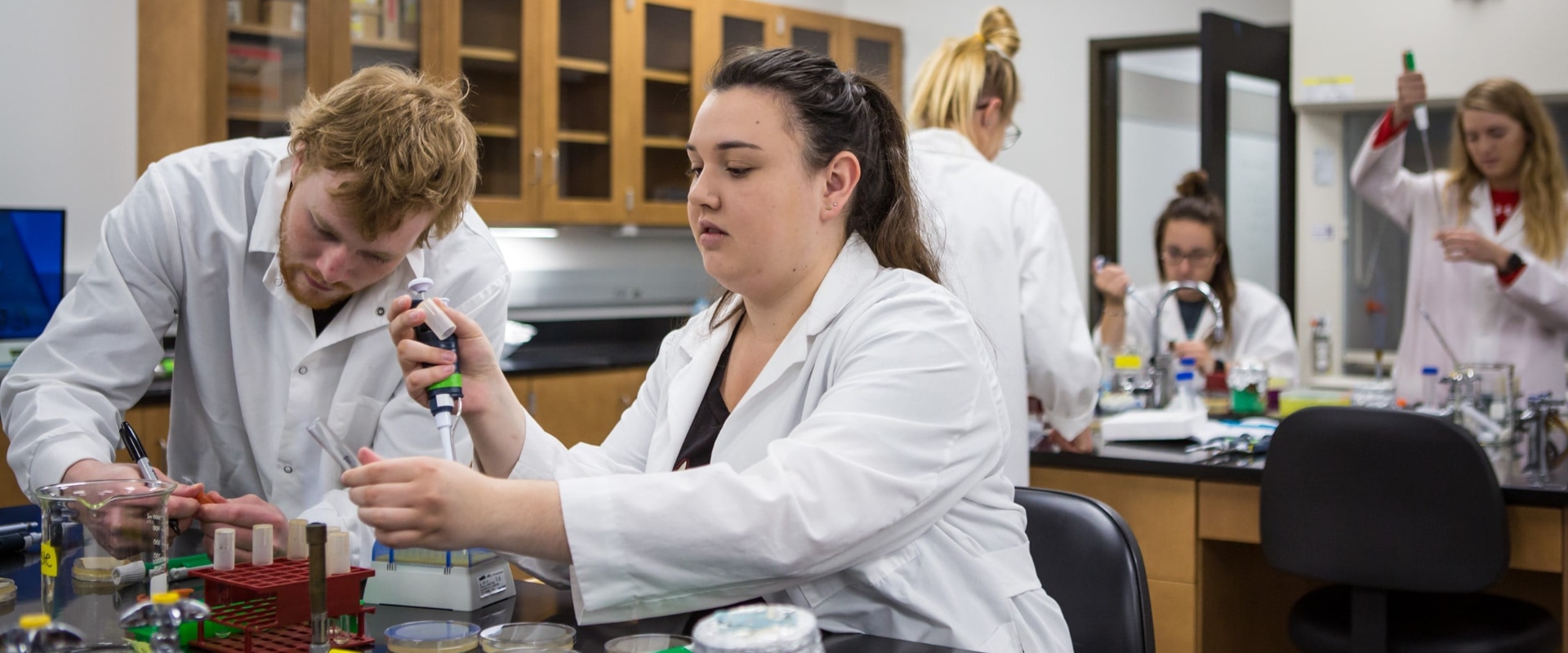
Northwestern’s science labs include:
• A research laboratory with state-of-the-art electrophysiology set-ups that are used in muscle physiology, neurophysiology and pharmacology experiments
• Intracellular and extracellular amplifiers, stimulators, physiograph and data recorders for both faculty and student research
• Electrophoresis equipment
• A PCR machine
• A tissue culture hood
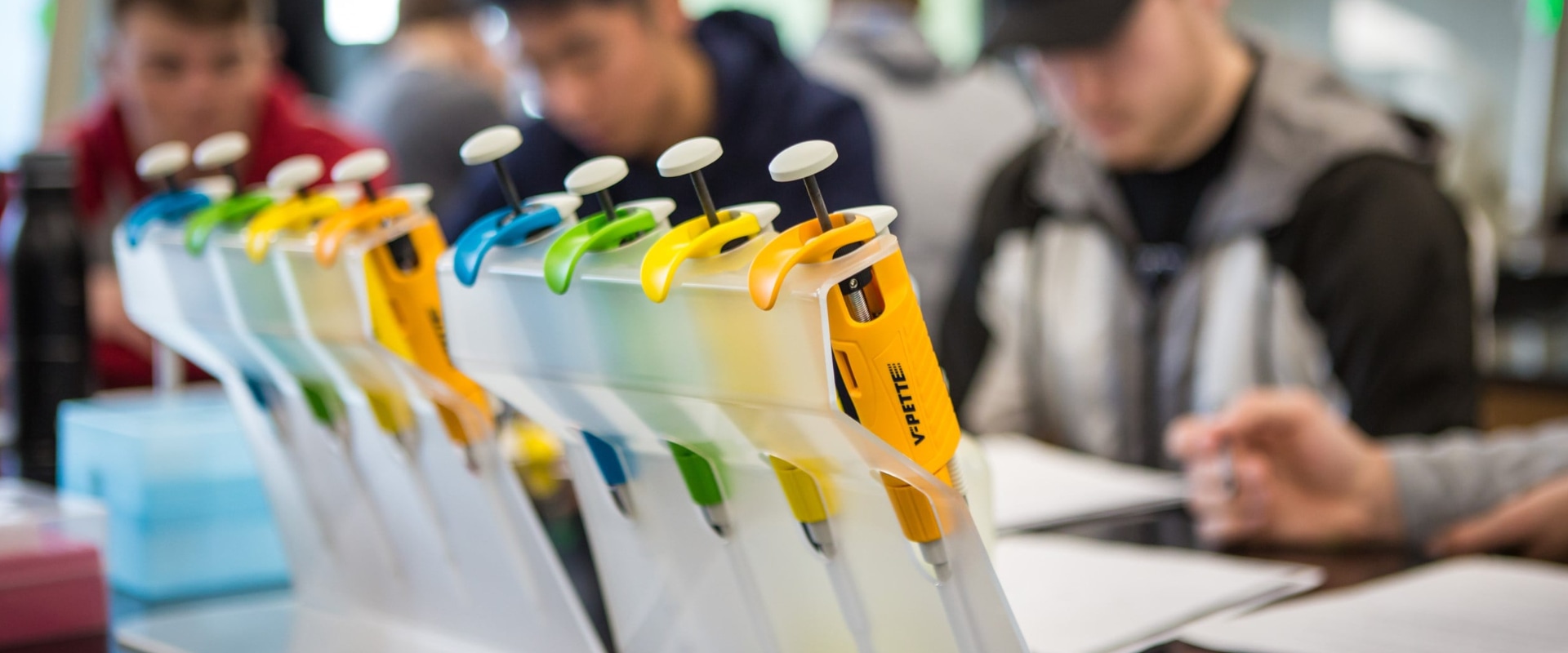
Northwestern is among a select group of colleges and universities accepted into the Howard Hughes Medical Institute’s SEA-PHAGES research program, which involves students in a global effort to discover phages (viruses that infect bacteria) and sequence and annotate their DNA.
We also participate in SEA-GENES, next-level research to discover previously unknown functions of genes. Because that research is built into classes, you can graduate with research experience that will set you apart when applying to graduate schools.
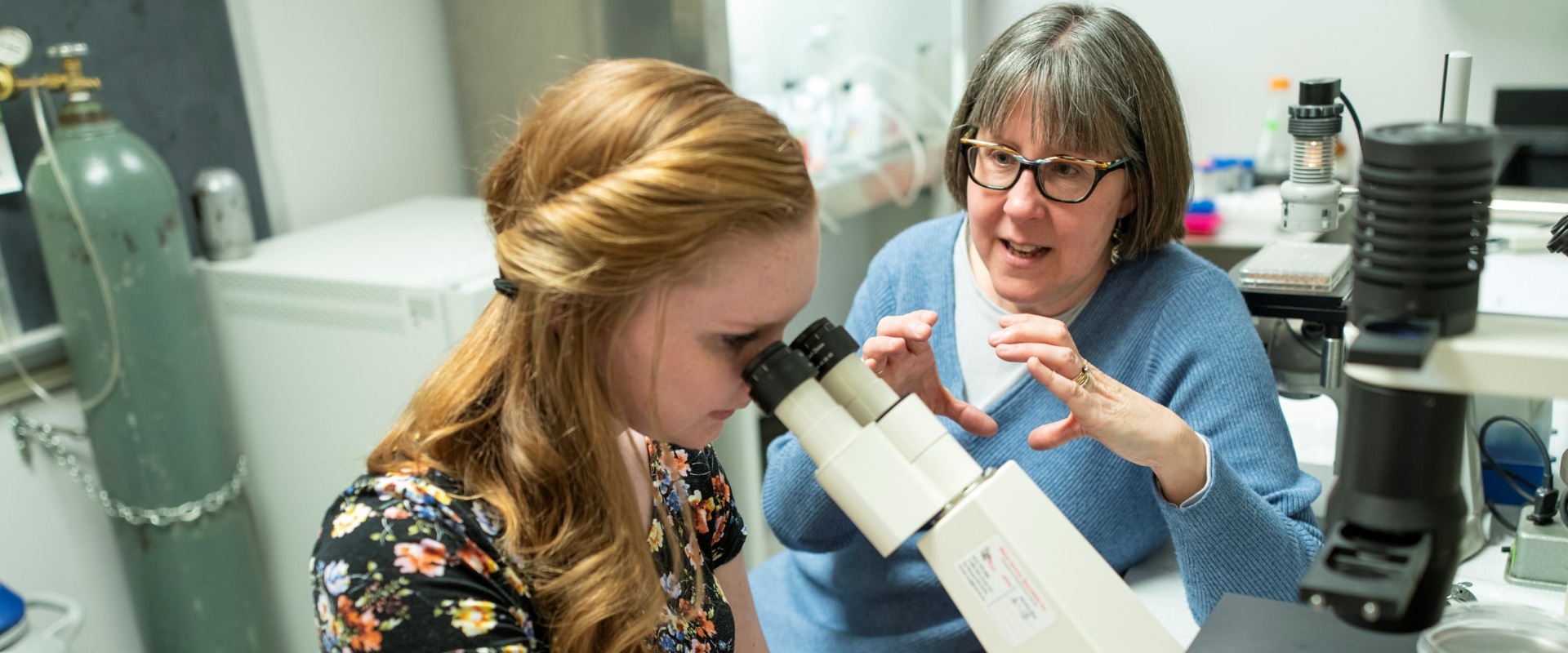
For more research experience, apply to serve as a Junior Scholar or summer research assistant. You’ll earn a stipend and possibly be included as a co-author when the research findings are published or presented. Your Northwestern professors can also help you find and land fellowships in labs conducting research funded by the National Science Foundation and the National Institutes of Health.
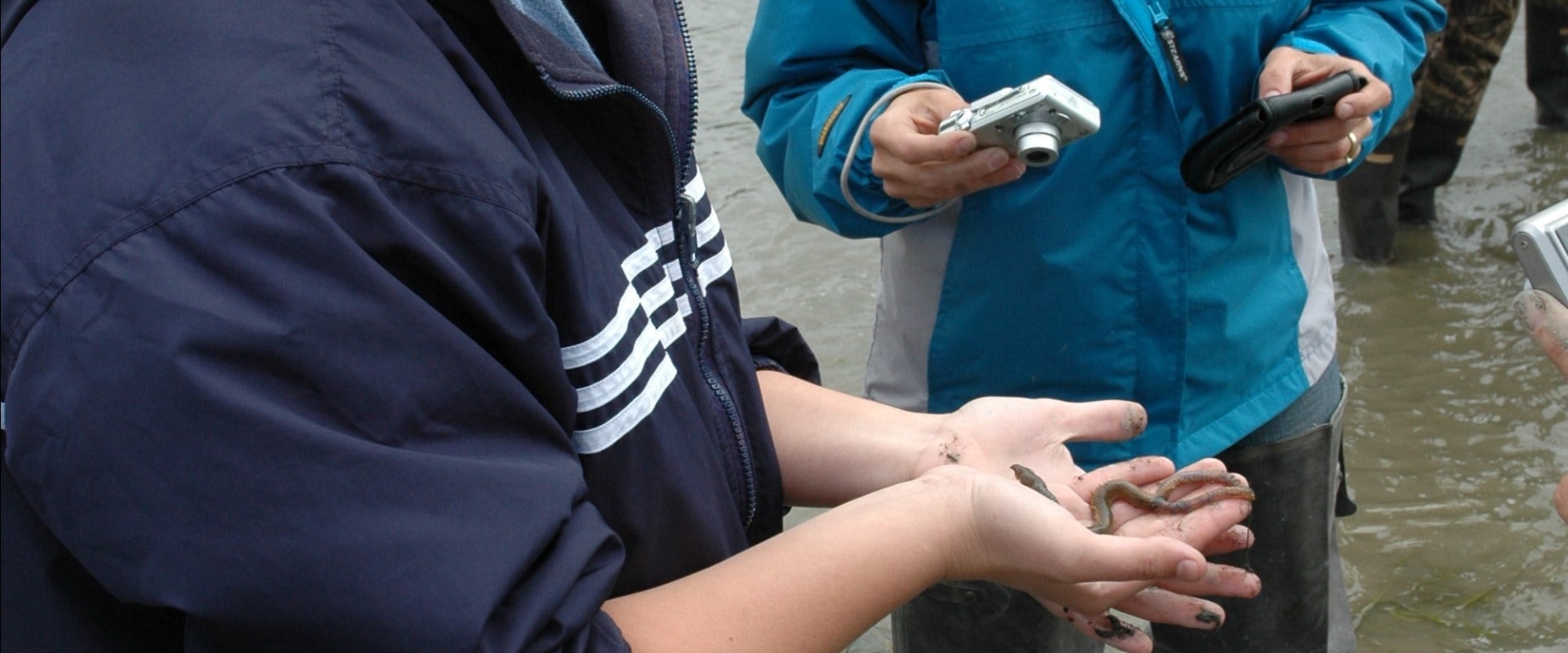
For a fresh perspective on caring for the environment, you can participate in the Au Sable Institute and travel to the Great Lakes region, the Pacific Northwest, South India or Latin America. Au Sable offers January and May terms as well as summer sessions.
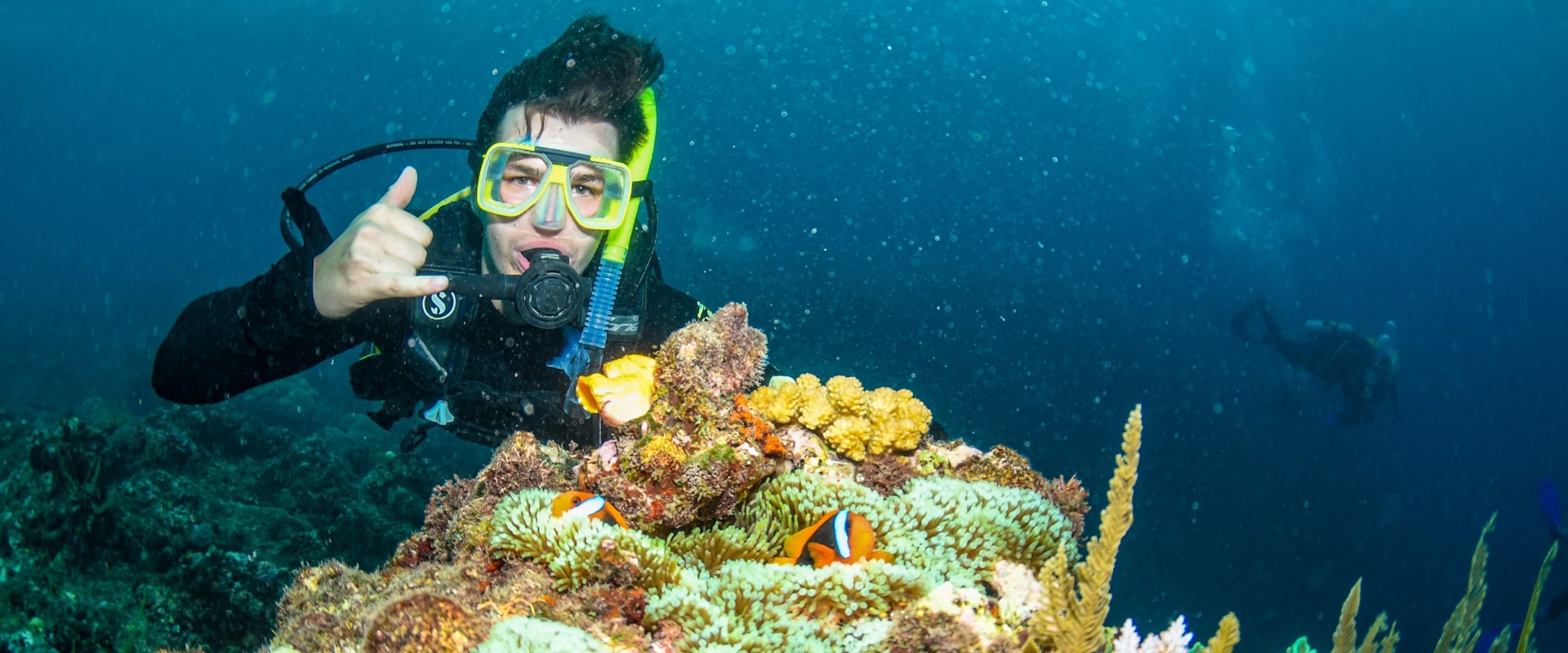
The Creation Care Study Program helps students connect their Christian faith with complex, urgent global issues. Students in the semester-long program take courses in theology, tropical ecology and sustainable development while exploring rainforests, mountain streams and coral reefs. Campuses are in Belize and New Zealand.

Northwestern’s biology professors involve students in research focused on the discovery and genetics of viruses and the impact of invasive species on an ecosystem. There’s also an expert in clinical anatomy and a professor who has created practice-based software to help students prepare for the MCAT.

Opened in 2019, the $24.5 million DeWitt Family Science Center is as impressive as Northwestern’s science programs. Biology and chemistry labs are located on the main and second floors—while the lower level houses the nursing department. The center also includes five research labs, a confocal microscope, a mass spectrometer and a DNA sequencer.

Northwestern’s science labs include:
• A research laboratory with state-of-the-art electrophysiology set-ups that are used in muscle physiology, neurophysiology and pharmacology experiments
• Intracellular and extracellular amplifiers, stimulators, physiograph and data recorders for both faculty and student research
• Electrophoresis equipment
• A PCR machine
• A tissue culture hood

Northwestern is among a select group of colleges and universities accepted into the Howard Hughes Medical Institute’s SEA-PHAGES research program, which involves students in a global effort to discover phages (viruses that infect bacteria) and sequence and annotate their DNA.
We also participate in SEA-GENES, next-level research to discover previously unknown functions of genes. Because that research is built into classes, you can graduate with research experience that will set you apart when applying to graduate schools.

For more research experience, apply to serve as a Junior Scholar or summer research assistant. You’ll earn a stipend and possibly be included as a co-author when the research findings are published or presented. Your Northwestern professors can also help you find and land fellowships in labs conducting research funded by the National Science Foundation and the National Institutes of Health.

For a fresh perspective on caring for the environment, you can participate in the Au Sable Institute and travel to the Great Lakes region, the Pacific Northwest, South India or Latin America. Au Sable offers January and May terms as well as summer sessions.

The Creation Care Study Program helps students connect their Christian faith with complex, urgent global issues. Students in the semester-long program take courses in theology, tropical ecology and sustainable development while exploring rainforests, mountain streams and coral reefs. Campuses are in Belize and New Zealand.
-
Faculty
Brilliant scholars. Committed Christians. Invested in you. That’s Northwestern’s faculty.
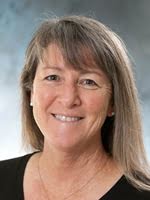 Dr. Laura Furlong
Professor of Biology; Director of Faculty Development
Dr. Laura Furlong
Professor of Biology; Director of Faculty Development
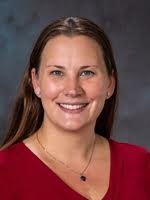 Jolene Harris
Instructor of Anatomy
Jolene Harris
Instructor of Anatomy
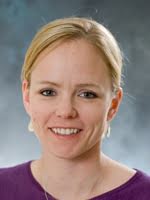 Dr. Elizabeth Heeg ’01
Professor of Biology
Dr. Elizabeth Heeg ’01
Professor of Biology
 Dr. Cody Rozeveld
Assistant Professor of Biology
Dr. Cody Rozeveld
Assistant Professor of Biology
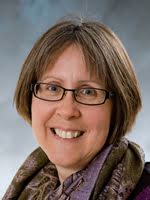 Dr. Sara Sybesma Tolsma ’84
Professor of Biology
Dr. Sara Sybesma Tolsma ’84
Professor of Biology
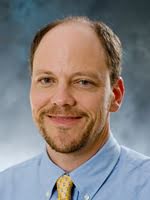 Dr. Todd T. Tracy
Professor of Biology; Department Chair
Dr. Todd T. Tracy
Professor of Biology; Department Chair
